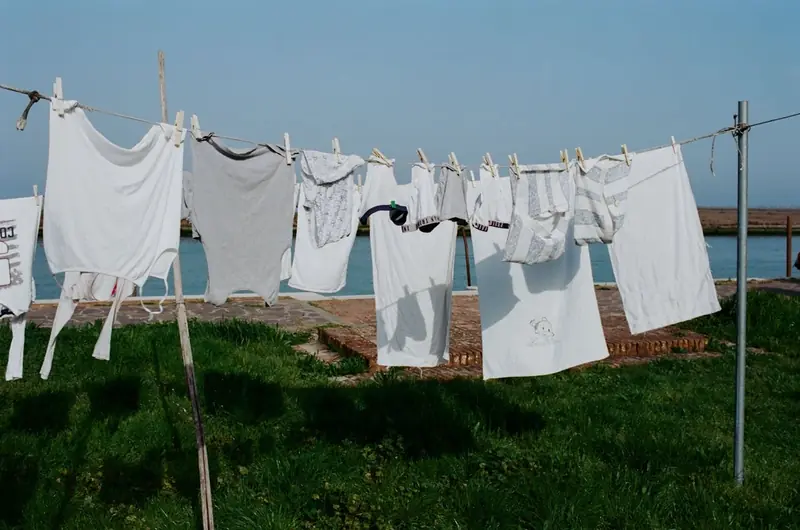
It turns out that most of us are drying our clean laundry incorrectly by hanging it outside on hot days. British cleaning expert Nigel Birman has urged people to avoid this practice at all costs.
The reason is that high temperatures cause plants to release more pollen. Consequently, the heat contributes to its spread and exacerbates allergy symptoms. Additionally, elevated temperatures lead to the drying out of mucous membranes, making us more sensitive to allergens.
These days, many countries are suffering from an unusual heatwave, as reported by the Daily Mail. According to Mr. Birman, the pollen levels are also sharply increasing. The expert warned that this could be particularly problematic for those suffering from hay fever.
Hay fever (pollinosis) is an allergic reaction that occurs when the mucous membranes of the nose and eyes come into contact with environmental allergens. It most commonly manifests as nasal symptoms, including nasal congestion. The peak of the condition occurs in spring and summer when allergenic trees and grasses are in bloom.
“Hanging clothes, bed linens, or towels outside on days with high pollen counts is directly linked to itchy eyes and nasal congestion,” Mr. Birman noted.
According to him, wet laundry acts like a sponge, absorbing pollen. It settles in the fibers and clings to the fabric as it dries. And then, of course, it ends up in our beds, closets, and on our skin. “It’s no surprise that people experience allergy flare-ups even at home,” he said.
Mr. Birman explained that the fibers of laundry, especially those made from cotton and linen, easily trap pollen. Even if you bring the laundry indoors, pollen can linger there for several hours, intensifying allergic symptoms.
Most hay fever sufferers know that on such uncomfortable days, they should stock up on antihistamines and stay indoors. It’s better to dry laundry and clothes during these so-called “pollen bombs” inside.
The expert advised hanging washed items ideally near a window or finding other spots with good air circulation. “If you have limited space, use a collapsible drying rack indoors,” he suggested.
Meteorologists state that the high pollen levels will not come as a surprise to many, as they have been complaining about allergy flare-ups for several weeks. In particular, residents of many countries have been sharing their experiences on social media about chest tightness, red eyes, and brain fog during walks in the parks.
The conditions are so severe that even those who typically do not suffer from hay fever report that it has caught up with them.
